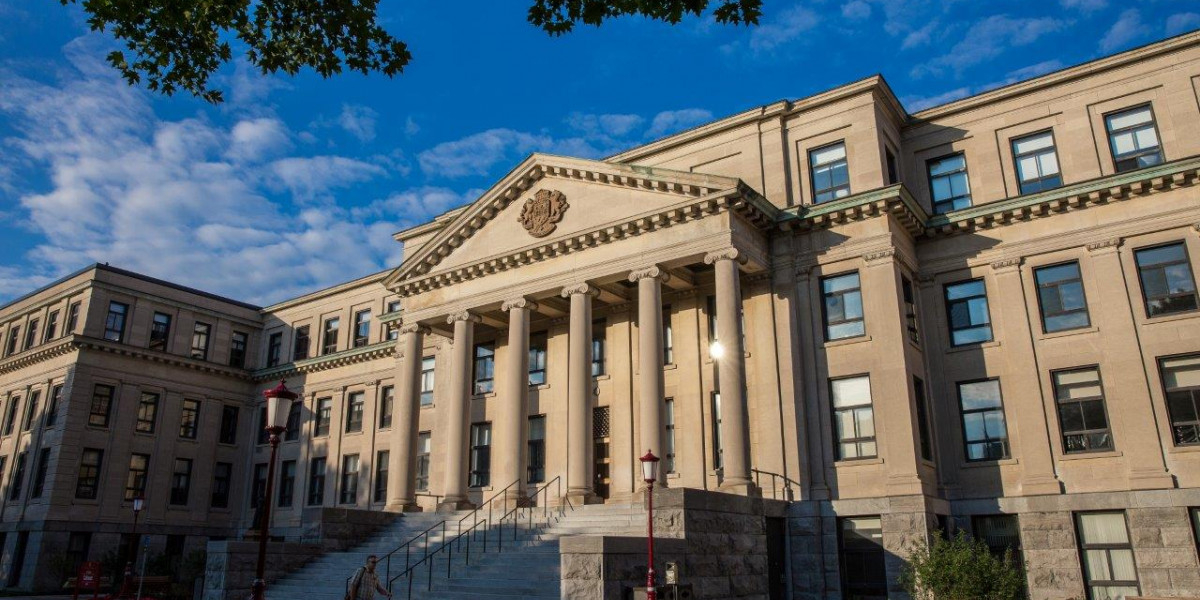
January 8, 2021
Smart Prosperity Institute’s Fulbright Visiting Research Chair program - one of our signature academic partnerships - is currently in its sixth year. We are excited to host three Research Chairs in 2020-21 -- two focused on Environmental Policy: Lew Fulton (University of California, Davis) and Kenneth Richards (Indiana University), and one focused on the Environment and the Economy: Jonathan Rubin (University of Maine). Although we can’t yet welcome our Chairs to Ottawa in-person because of the COVID-19 pandemic, we’re excited to start our important and collaborative research together!
Lew Fulton is the Director of the Sustainable Transportation Energy Pathways program, at the University of California, Davis. Smart Prosperity Institute caught up with Lew ahead of his term as one of the Fulbright Visiting Research Chairs in Environmental Policy.

I am currently pretty focused on reaching a near-zero carbon transportation energy system by 2050 or sooner, and in California the state has committed to reaching this (across the economy) by 2045. I work on a range of scenario studies, technical analysis, and policy analysis around making this transition happen.
Well, yes, an international context has always been central to my work, but in the past few years California has taken an increasing share of my time, since there is just so much happening. But I see the Fulbright fellowship as an opportunity to re-invigorate some of my international work, in particular between the US and Canada. With the new administration incoming in the US, it’s a great time to be thinking about this, both at the national and the provincial/state levels. There are some important policy alignment opportunities.
Transition to low-carbon transportation systems is extremely challenging. The technologies are mostly there, but costs are still a big concern, and the willingness (even awareness) of consumers and business fleets to adopt the technologies is a huge question. We will need strong policies to advance into, for example, a major electrification pathway.
The question is, how much will the current set of policies achieve, and what additional policies might make the difference in a cost-effective and politically acceptable fashion? From my work to date, I don’t think the current set of policies (even in California where there are many) is enough to ensure a smooth and rapid transition to zero emission vehicles and fuels. We have the targets and a number of rules regarding sales, but we still need to create strong market incentives. For example, I think on the fuels side the low-carbon fuel standard is working, but even it is not guaranteed to get us “off of oil” any time soon.
First of all, I think lessons will always go both ways. Canada is grappling with very similar issues and has a much stronger national set of policies around committing to climate change mitigation. The US needs to follow that path more closely at a national level. At a state/provincial level, it is interesting to see provinces like Quebec (with electric vehicle rules) and BC (with its low-carbon fuel standard rule) adopt policies that are similar to California’s. We need to understand how these are similar and different, how effective they are in every location, and how they might be aligned, and expanded to more jurisdictions, to increase their effectiveness.
Basically knowledge of this type. I want to better understand the policy landscape in Canada and how it relates to that in the US. I would like to help design policies that work for each province, each state, but also provide synergies and combine to increase the power of all the policies. Canada and California combined represent a market of around 75 million people, it’s huge. I hope we can figure out how to better leverage that, and align US and Canadian policies as the new administration gains steam.
This question of policy alignment, and how each state/province can cooperate to increase its impacts. Though I acknowledge that each state and province is unique and we will not see everyone adopting the exact same policies. Achieving a balance is pretty fascinating.
Click here to learn more about Smart Prosperity Institute's Fulbright Visiting Research Chairs at the University of Ottawa. Click here to read a Q&A with the other incoming Fulbright Visiting Research Chair in Environmental Policy, Dr. Kenneth Richards.